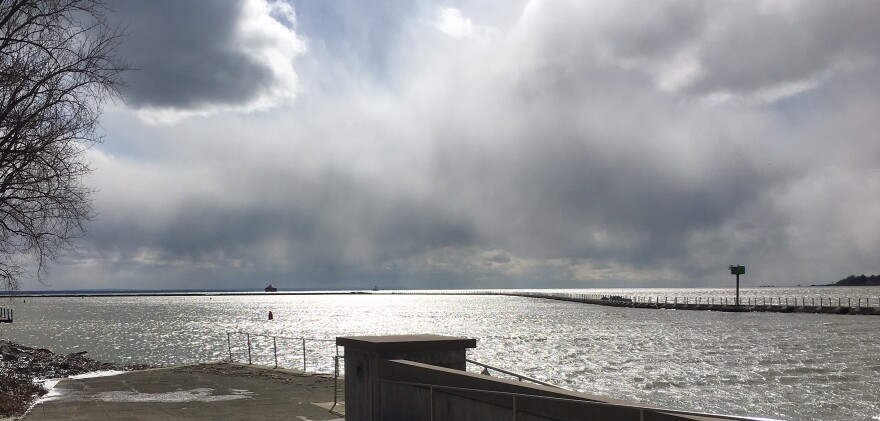Signs of spring's early arrival can be seen across Western New York, with some flowers and trees starting to bloom. But what impact will the mild winter weather have on the local growing season?
Buffalo State College professor emeritus Dr. Eric Randall has four decades of experience in "the hard sciences." Randall says it's not difficult to see the changes in weather patterns over the years.
"We've just come off the warmest February in Western New York in recorded times, since the 1880s. Lake Erie is free of ice. They've taken the Ice Boom out. That is not common," Randall said.

A plant biologist, Randall has a small orchard at his home in the Genesee County town of Alexander. He says he has no doubt that the mild winter weather will have an effect on production agriculture, including vernal crops.
"Wheat crops, which were planted last fall, which had no snow cover. We've had little to no frost in the ground, or freeze in the ground. If I were raising commercial hay crops of alfalfa there's always the problem of having burn, if you will, from very cold weather with no snow, which puts a protective blanket down," Randall said.
Wth a lack of sub-zero temperatures to kill them off, he says there could be more harmful plant insects across Western New York this growing season. Randall says birds and animals are also changing their patterns.
"Two weeks ago, I heard killdeers. And killdeers, they're five weeks early here. Skunks are now running. So there are some very heavily linked attributes that are linked inextricably to temperature, to snow cover, to ice," Randall said.
While he won't pin the abnormal weather on climate change. He says "something's happening." But we'll have to wait until fall, Randall said, before judging the mild winter's effect on the upcoming growing season.



